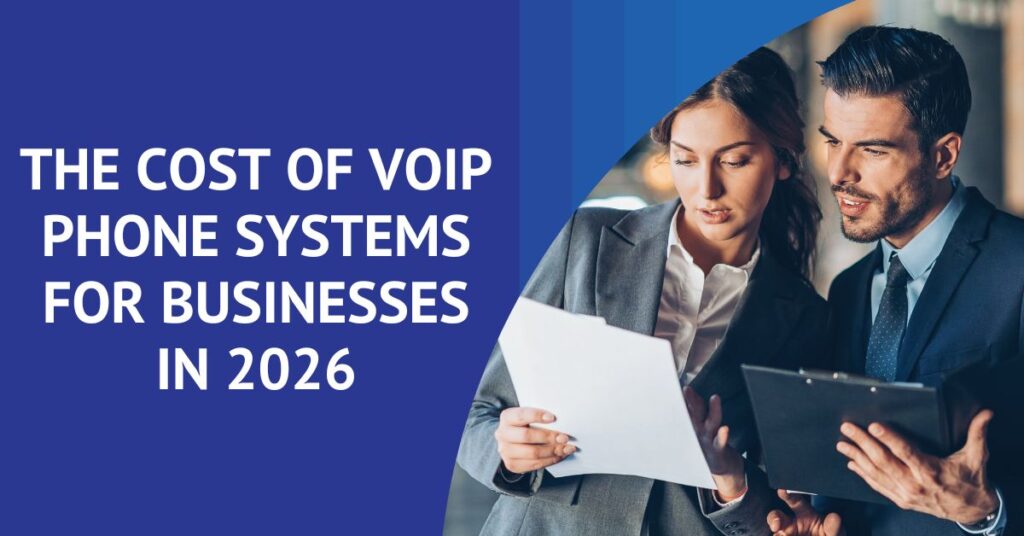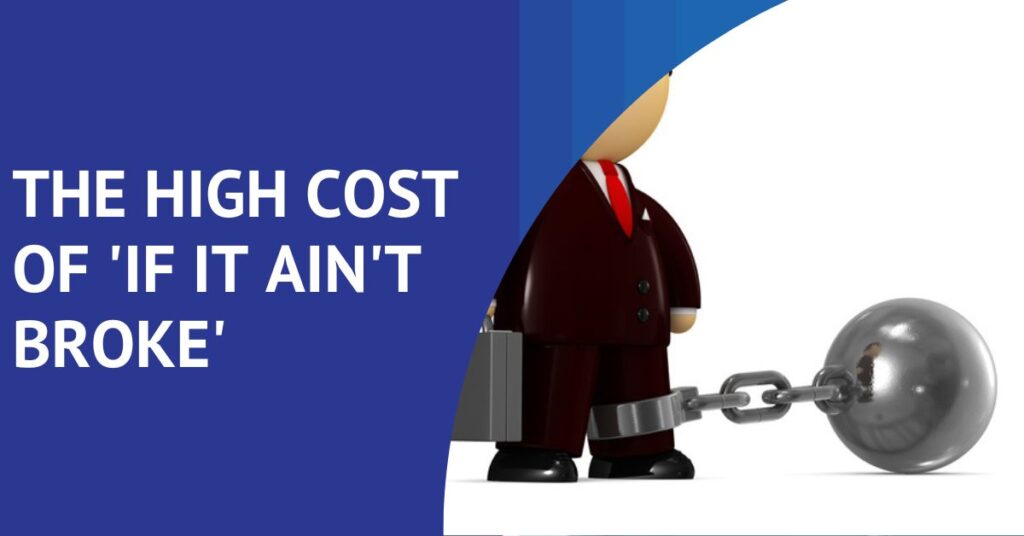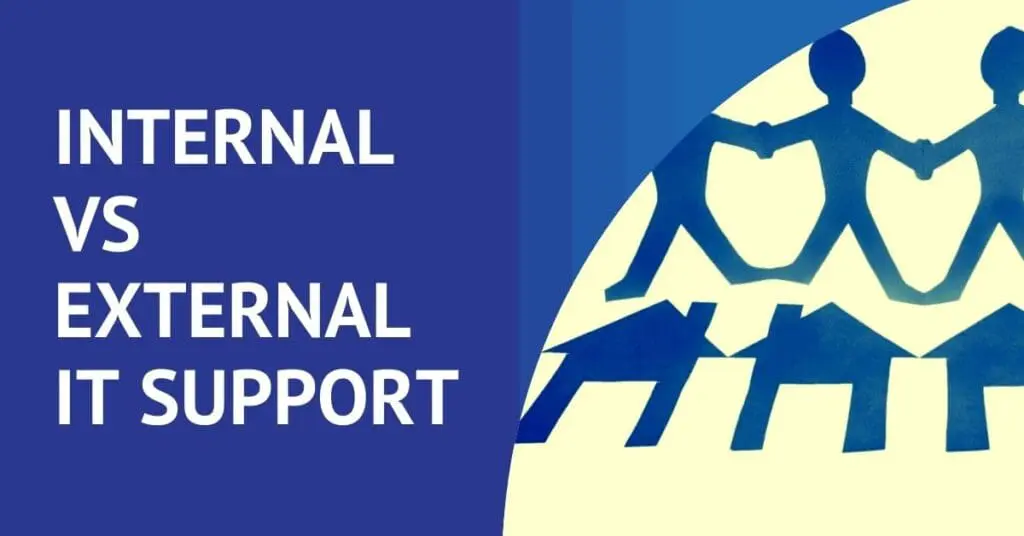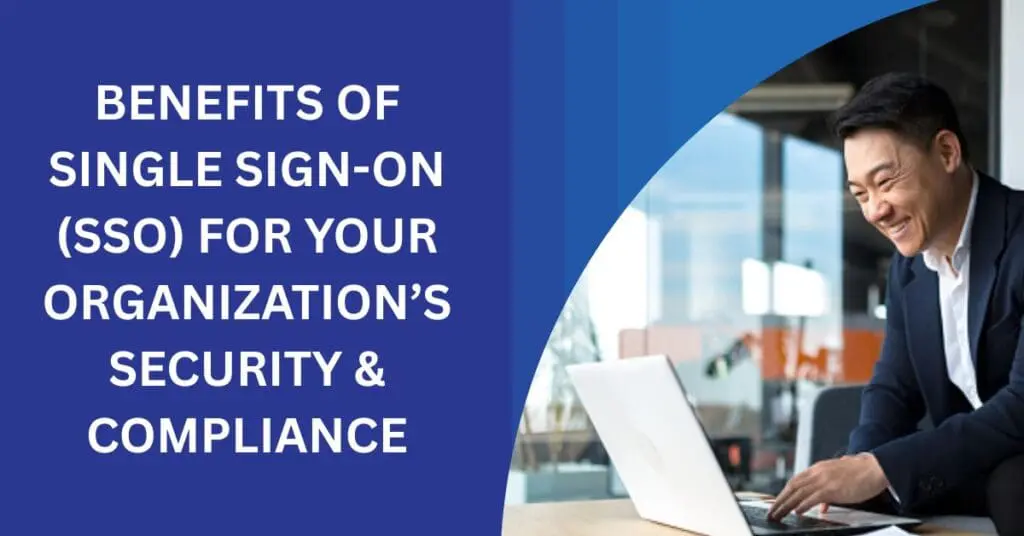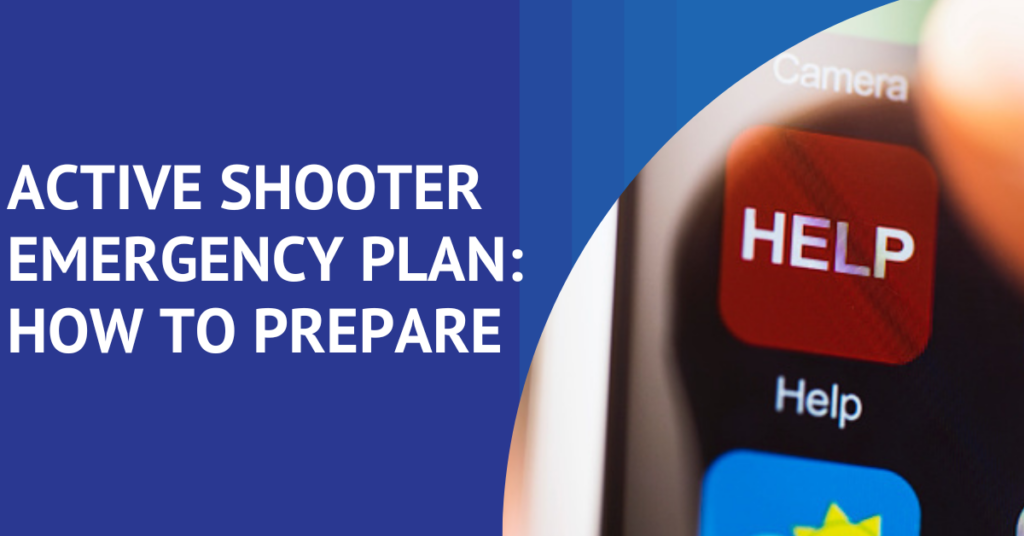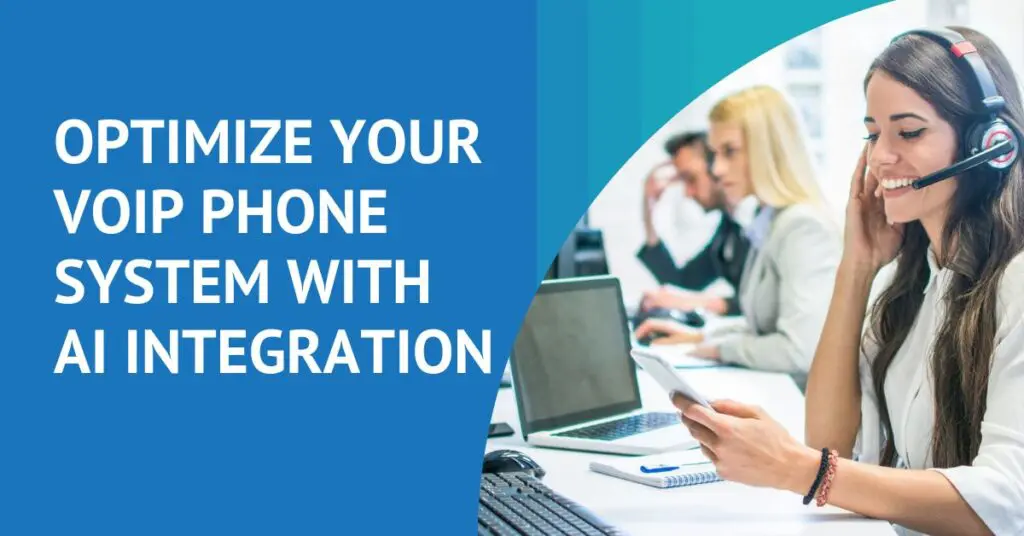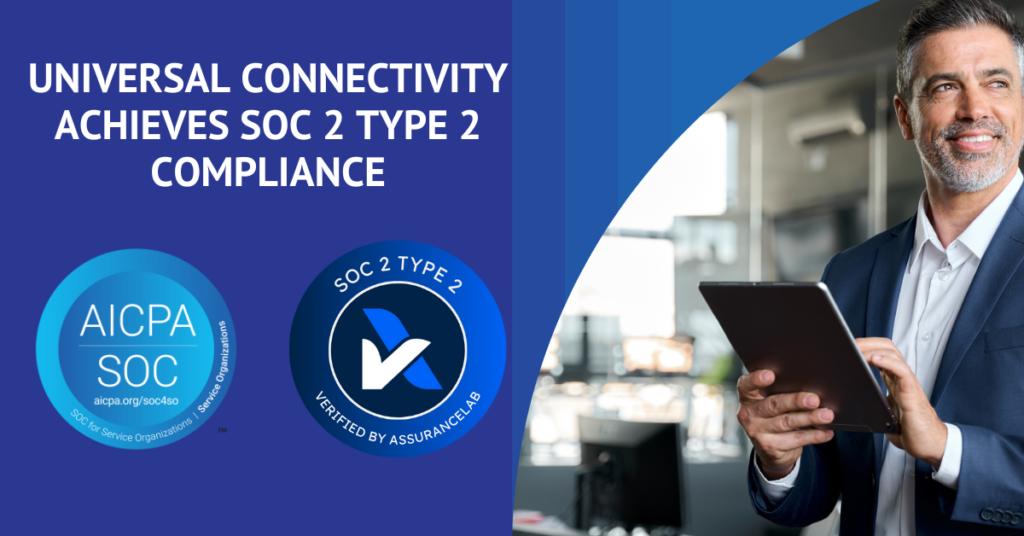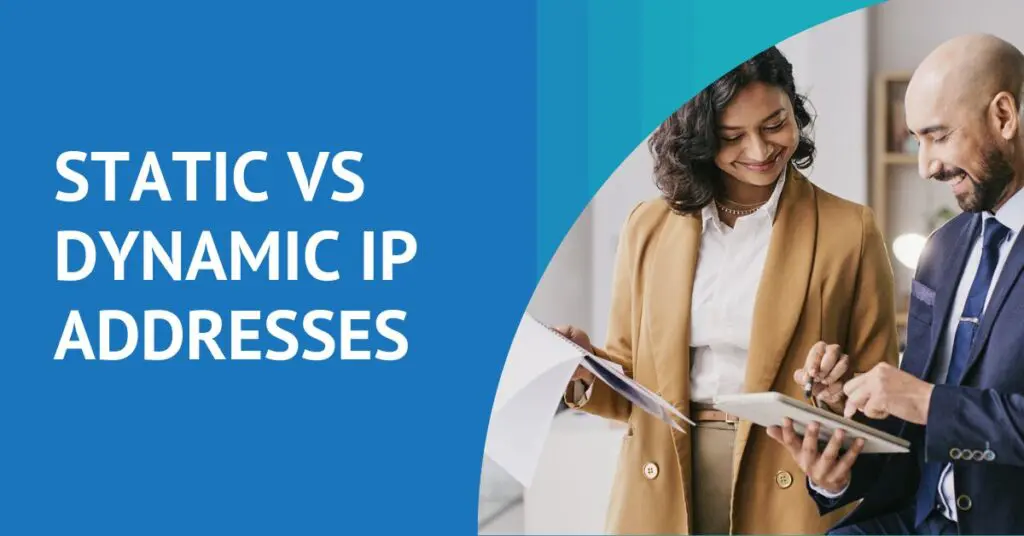Understanding E911 Service Fees and Taxes
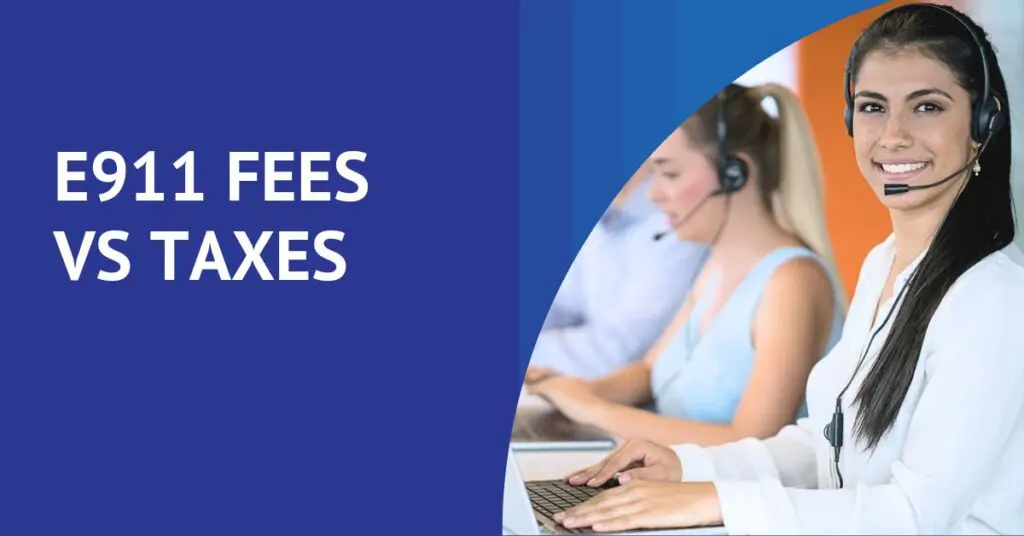
Enhanced 911 (or E911) service is a service in North America that enables a telephone (or another device) used to dial 911 to automatically transmit the caller’s address or geographic position to emergency responders. The FCC requires every provider of interconnected voice-over-IP (VoIP) services to make E911 service available to its VoIP customers (without any “opt out” opportunity for the customer). Universal Connectivity’s E911 service is provided as a mandatory component of all inbound/outbound traditional fax and voice service plans (in the United States only). E911 service is not offered on virtual or toll-free numbers, or similar service accessories or add-on plans.
E911 Service Fee
The “E911 Service Fee” is a monthly recurring fee that Universal Connectivity charges its VoIP customers in the US for E911 service. It is separate from (and in addition to) the base service fee associated with the corresponding service plan. Universal Connectivity charges the E911 Service Fee on each qualifying line for which it provides E911 service. The E911 Service Fee is charged at the same rate for all lines ordered by a customer; the rate does not depend on the service plan associated with a particular line. Universal Connectivity calculates the total E911 Service Fee billable to the customer each month based on the total number of the customer’s qualifying lines. The total E911 Service Fee is a single line item presented towards the end of the invoice.
Universal Connectivity sets the per line rate for the E911 Service Fee at a level intended to allow it to recover the direct costs it incurs in providing E911 service (when these fees are aggregated across its customer base). The E911 Service Fee is not a tax, and it is not remitted to any government agency.
E911 Tax
“E911 Tax” refers to any tax that is assessed on interconnected VoIP service by state or local taxing authorities in the United States for the purpose of funding state and/or local emergency service programs. Universal Connectivity collects and remits E911 taxes as required by law. Universal Connectivity generally determines which jurisdiction’s tax laws apply to each customer based on the customer’s service address.
E911 tax rates are not set or controlled by Universal Connectivity and will vary among geographic regions. Some states assess and collect E911 tax at the state level, some at the county and/or city level, and some take a hybrid approach. Some customers may not be required to pay E911 tax.
Learn more about e911 Compliance: Understanding the Impact on Your Business
Choosing a Business Phone Provider
How do you choose the right business communication partner to help your business thrive? Grab our free, one page checklist. Compiled based on years of experience, this download can help you jump start your search and selection process and:

